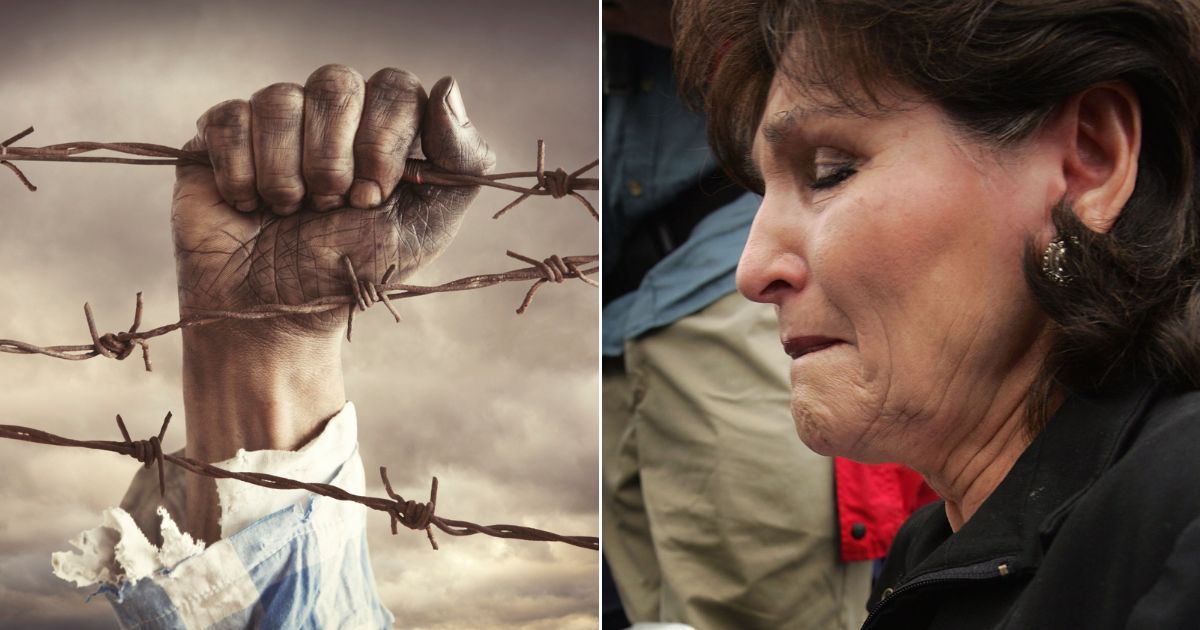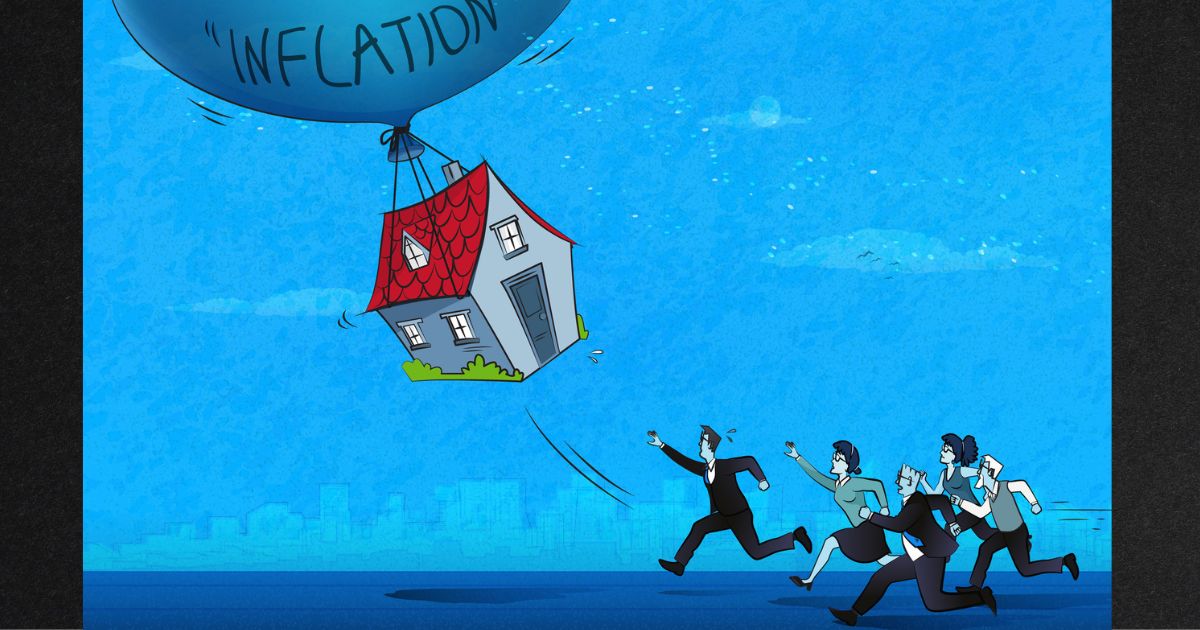EU targets 6 tech giants in new crackdown on online content.
The European Union has taken a bold step in enforcing new digital rules, specifically targeting six global tech giants. Apple, Amazon, Microsoft, Google parent company Alphabet, Facebook parent company Meta, and TikTok parent company ByteDance have all been classified as online “gatekeepers” under the EU’s Digital Markets Act (DMA).
These tech giants will now face increased scrutiny as the EU aims to improve user choice and promote fair competition. The DMA, enacted on September 6, introduces far-reaching rules that prioritize user privacy, transparency, and content regulation.
The implementation of these new rules will occur gradually, allowing tech firms to adapt to the strict requirements regarding user privacy, transparency, and content moderation. The major tech giants operating within the EU will be required to ban certain user-targeting practices and prevent the spread of ”harmful” content.
European Commission President Ursula von der Leyen has emphasized that the goal of these regulations is to create a safe online environment. The EU Internet Law, which came into effect on August 25, empowers major online platforms to remove content deemed as “disinformation” or “hate speech” by Brussels bureaucrats.
EU Internet Law Being Rolled Out
European Commissioner Thierry Breton, the EU’s internet enforcer, expressed his satisfaction with the new law, stating that it provides consumers with more choices and fewer obstacles for smaller competitors. He believes that the Digital Markets Act opens the gates to a more inclusive internet.
The European Commission has identified companies as gatekeepers if they provide core platform services that connect businesses and consumers, such as Google’s Chrome search browser and Apple’s App Store. In addition to combatting “disinformation” and “hate speech,” the law also requires tech firms to be transparent about their algorithms and ad targeting practices.
Consumers will now have access to platforms’ recommendation algorithms for ads and the right to opt-out. Reporting illegal content under the DMA will also be easier. The law also strengthens safeguards for minors, including system redesigns, privacy measures, and mental health-risk assessments. Furthermore, ads targeting children are now prohibited.
The big tech firms are also obligated to address content risks, enforce terms of service, expedite user reports to Brussels, and publish annual risk assessments. They must promptly remove offending content flagged as problematic.
All companies classified as gatekeepers have a six-month timeline to comply with the DMA’s requirements. These requirements will eventually be expanded to apply to all digital services starting in February 2024.
Europe Cracks Down on Free Speech
Commissioner Breton has emphasized the seriousness of compliance with the new regulations. He stated that his services will thoroughly enforce the Digital Services Act (DSA) and use their new powers to investigate and sanction platforms when necessary.
“Complying with the DSA is not a punishment. It is an opportunity for platforms to reinforce their trustworthiness,” Mr. Breton said on social media.
In addition to the enforcement measures, big tech companies will be required to fund a permanent EC tribunal on disinformation, consisting of approximately 230 staff members who will determine what qualifies as approved content.
Offenders found to be in breach of the DSA could face a significant fine of up to 6 percent of their global turnover. Repeat offenders may even be banned from conducting business in the EU.
The initial round of DSA rules applies to 19 major digital platforms with at least 45 million active users in the EU. These platforms include social media apps, websites, and online retailers such as Alibaba AliExpress, Amazon Store, Apple AppStore, Bing, Booking.com, Facebook, Instagram, Google Maps, Google Play, Google Search, Google Shopping, LinkedIn, Pinterest, Snapchat, TikTok, X, Wikipedia, YouTube, and Zalando.
“These systemic platforms play a crucial role in our daily lives, and it is time for Europe to set its own rules,” Mr. Breton tweeted.
Commissioner Breton has warned the platforms that he will be extremely rigorous in enforcing the DSA. He aims to protect free speech against arbitrary decisions while safeguarding citizens and democracies from illegal content.
“My services and I will now be very, very rigorous to check that systemic platforms comply with the DSA. We will be investigating and sanctioning them if necessary,” he stated.
However, these repeated threats by Mr. Breton have faced criticism and mockery from some quarters. Many free speech advocates view these regulations as a means for progressive bureaucrats in Brussels to censor dissenting voices worldwide.
“So let’s be clear. According to you, ANYTHING coming out of the authoritarian governments of the West is to be censored, banned. You are a criminal. And people like you are anti-human, anti-civilization, anti-life itself,” commented a Bulgarian user on social media.
Another commentator highlighted the concerns surrounding the regulations.
" Conservative News Daily does not always share or support the views and opinions expressed here; they are just those of the writer."





